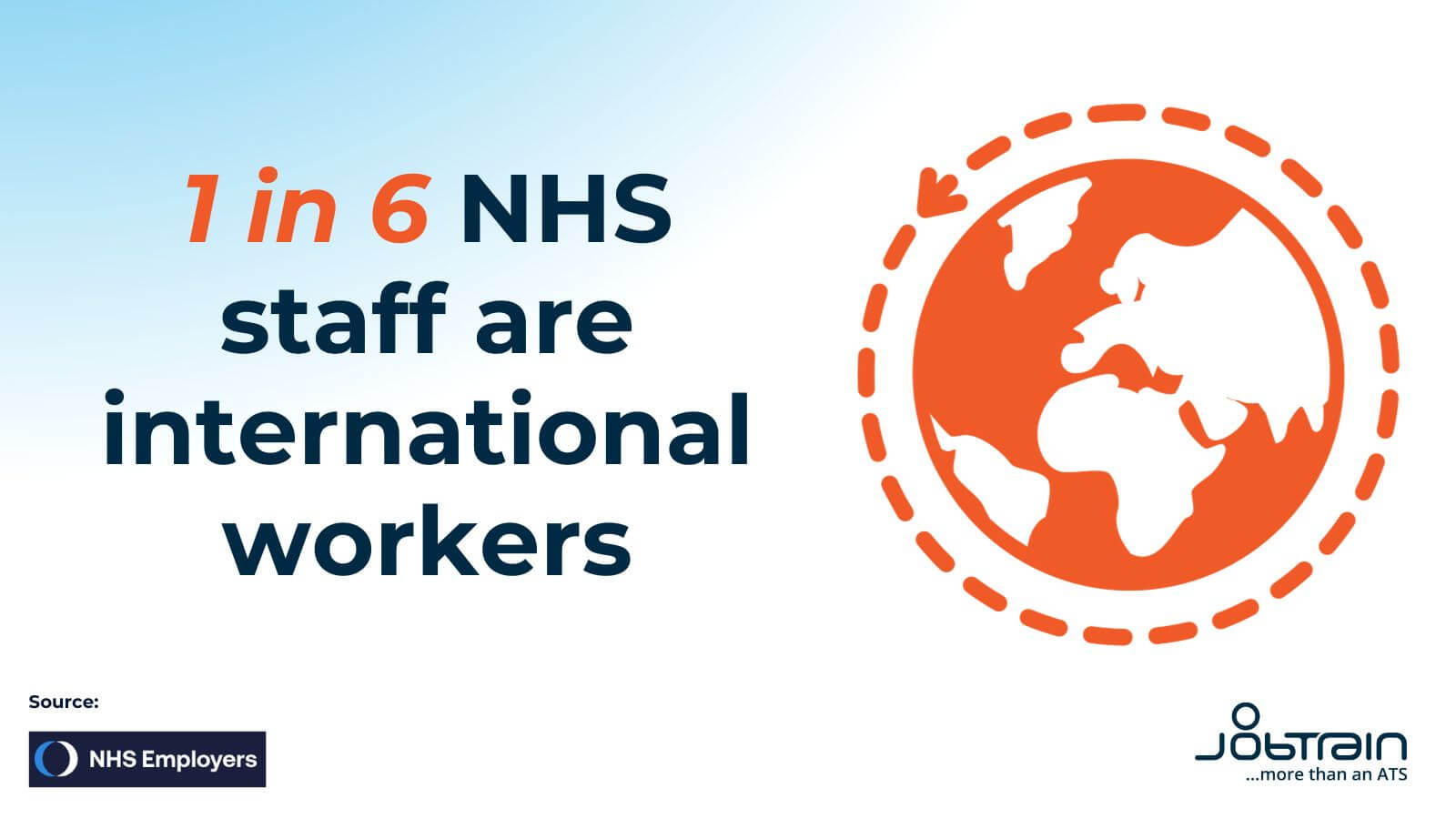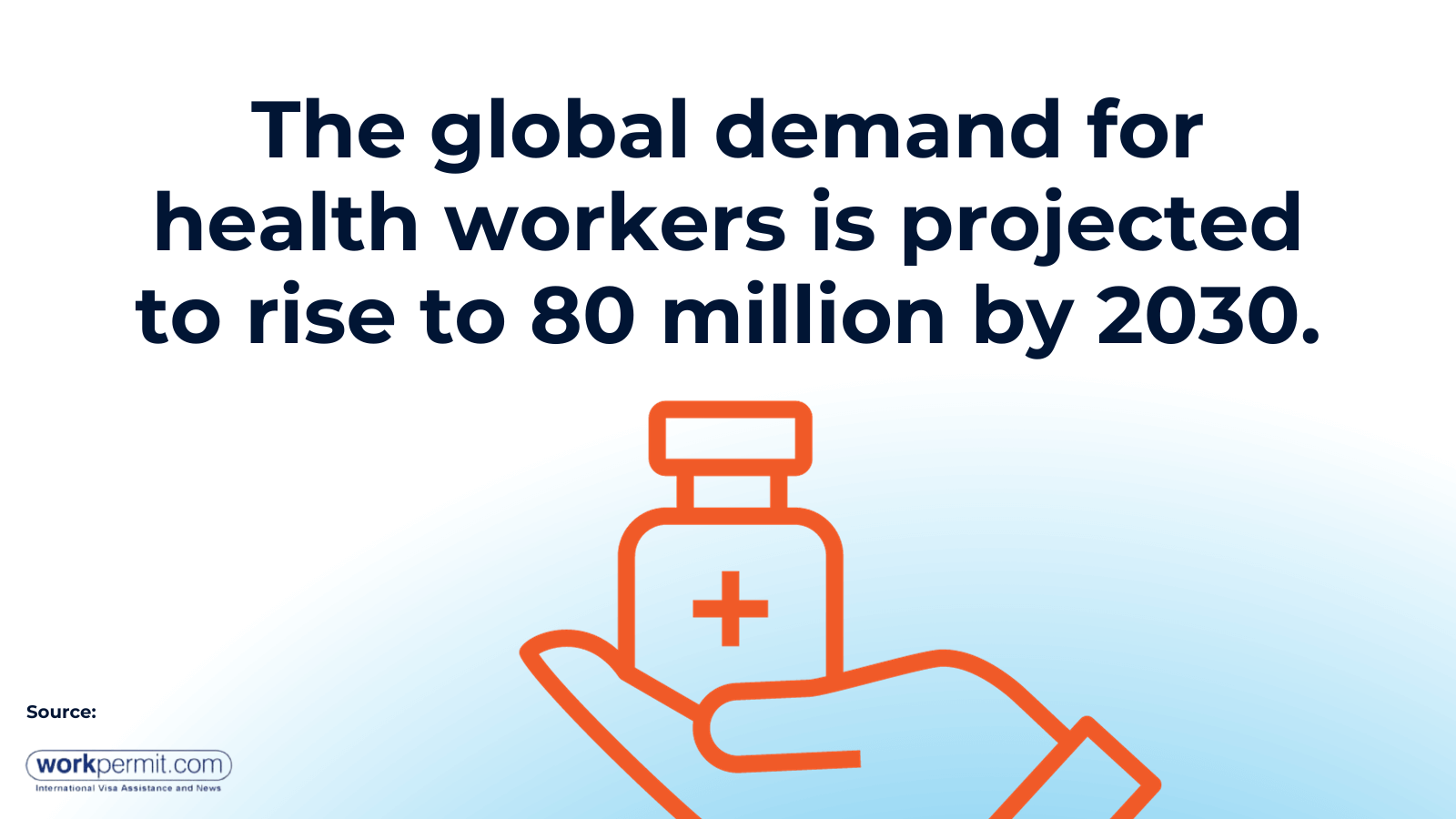The NHS is facing a pivotal moment due to recent legislative changes affecting international recruitment. These changes, aimed at tightening visa requirements for health and social care workers, have sparked widespread concern among healthcare professionals and policy analysts.
The indispensable role of international staff
The NHS's reliance on international healthcare workers is critical. One in six NHS staff in England and 16% in adult social care are international workers. This diverse workforce is not just a number; it's a testament to the NHS's global appeal and its ability to attract talent from across the world.
 New visa rules: a cause for alarm
New visa rules: a cause for alarm
The Home Secretary's announcement of increasing the earning threshold for overseas workers from £26,200 to £38,700 has sent shockwaves through the healthcare sector. This nearly 40% increase, set to take effect from the next spring, could significantly reduce the influx of international healthcare professionals.
The radiography sector: a case in point
The Society of Radiographers has highlighted the dire consequences of these changes, particularly for patient waiting lists. Radiography, a field already facing a pressing shortage, will be hit hard. The proposed minimum salary of £38,000 is well above the starting salary for a Band 5 radiographer in England, which stands at £28,407. This discrepancy could deter not only international radiographers but also dissuade British students from entering the profession.
Wider implications on healthcare delivery
-
Increased patient waiting times: With a potential decrease in international healthcare workers, the NHS faces the risk of longer patient waiting times, exacerbating the existing backlog.
-
Impact on family life: The proposed visa rules also include restrictions on dependents, which could deter potential recruits, especially in professions with a high female workforce.
-
Financial strain: The increased financial burden on the NHS to recruit and train domestic staff could be substantial, adding to the already stretched resources of the healthcare system.
The global context and UK's position
The global demand for health workers is projected to rise to 80 million by 2030. In this competitive landscape, the UK needs to remain an attractive destination for international healthcare professionals. However, the proposed visa restrictions could make the UK less appealing, leading to a talent drain in critical healthcare sectors.

Balancing migration and healthcare needs
While the government's intention to control immigration is clear, striking a balance between reducing legal migration and ensuring a robust healthcare workforce is challenging. The proposed restrictions could deter potential healthcare professionals, making the UK less attractive to international workers.
The impact on training and development
The NHS benefits immensely from the international exchange of knowledge and practices. The new rules could hinder this exchange, impacting the training and development of both UK and international healthcare professionals. The diversity of the workforce brings a variety of perspectives and skills, which are crucial in a learning environment. This diversity not only enriches the professional development of the staff but also enhances the quality of patient care.
The economic aspect
Recruiting from overseas has often been a cost-effective strategy for the NHS. The new legislation could lead to increased spending on recruitment and training of domestic staff, adding financial strain to an already stretched system. The economic implications extend beyond the immediate costs of recruitment; they also encompass the potential loss of productivity due to understaffing and the increased burden on existing staff.![]()
Societal implications
The impact of these legislative changes extends beyond the NHS. It affects the perception of the UK as a welcoming destination for international professionals. This could have long-term repercussions on the country's ability to attract talent across various sectors, impacting the overall economic and social fabric of the nation.
The new visa rules present a complex challenge for the NHS. While the full impact of these changes will unfold over time, it is clear that they could significantly affect the NHS's ability to maintain its high standards of care. It is imperative for the government to reconsider these proposals and protect recruitment into social care and health services, ensuring the continued efficiency and inclusivity of the NHS.